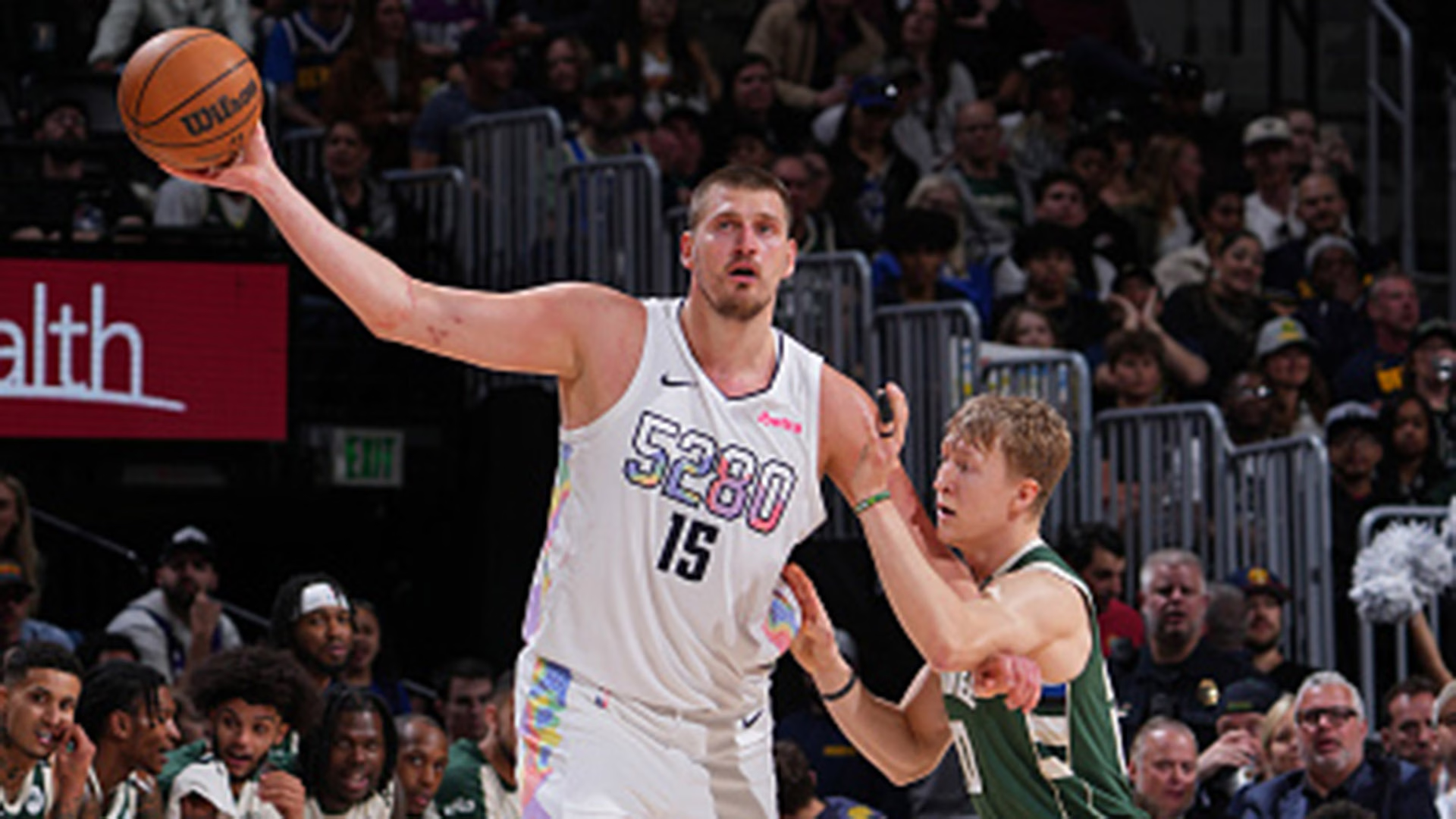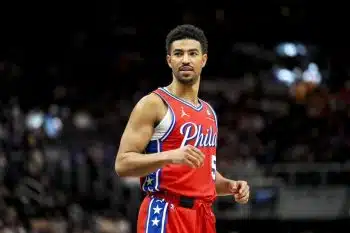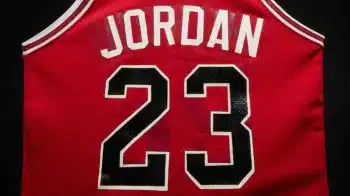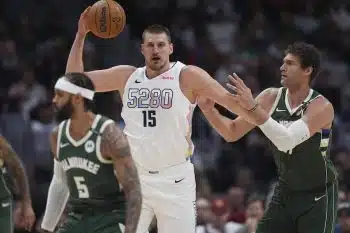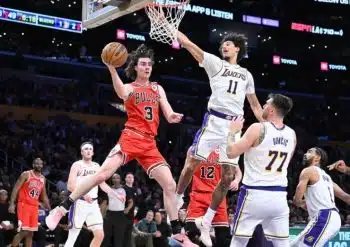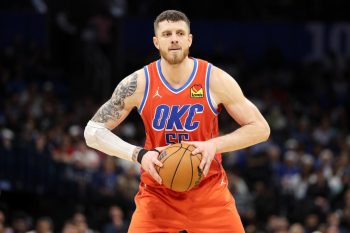NBA
NBA to Investigate 76ers Over Joel Embiid’s Player Participation
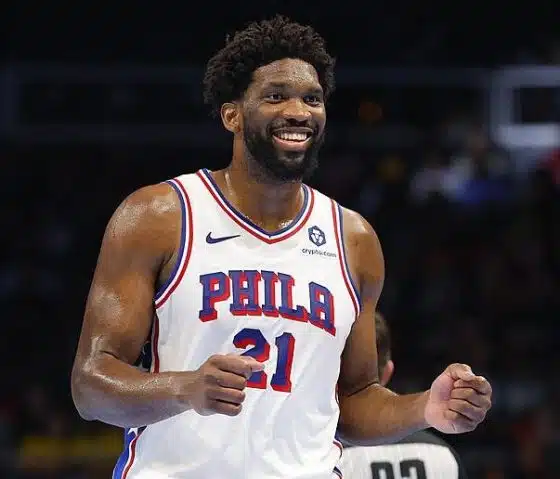
The NBA is expected to launch an investigation later this week into the Philadelphia 76ers concerning the player participation of seven-time All-Star center Joel Embiid, sources informed ESPN’s Shams Charania on Wednesday.
Philadelphia 76ers ruled Joel Embiid out for the first three games of the season for left knee injury management
Joel Embiid, 30, didn’t play in the preseason for what the team called left knee injury management and will miss three games this week: Wednesday’s season opener against the Milwaukee Bucks, Friday against the Toronto Raptors, and Sunday against the Indiana Pacers.
The NBA usually probes a team anytime a superstar player misses a nationally televised game. This protocol is in accordance with the player participation policy.
A star player is any player who, in any of the prior three seasons, was selected to an All-NBA Team or an All-Star team. Teams must ensure that healthy players resting for a game are present and visible to fans.
The NBA is likely to commence an investigation into the Philadelphia 76ers surrounding the player participation of All-NBA center Joel Embiid, sources told ESPN. More to come on NBA Today on ESPN right now. pic.twitter.com/WwZNHgLLcl
— Shams Charania (@ShamsCharania) October 23, 2024
The 76ers said Embiid is “responding well to his individualized plan” and will ramp up his return-to-play activities this week, including going through scrimmages, per Charania.
According to ESPN’s Tim Bontemps, Philadelphia’s strategy is to “put Embiid in the best possible position to make it through the season, and to have his knee as close to 100% as possible.”
The plan includes periodic time off during the regular season and routine evaluations from doctors and the 76ers’ medical staff, according to multiple reports.
Sixers president of basketball operations Daryl Morey said Embiid, Paul George would sit out back-to-backs
Sixers president of basketball operations Daryl Morey said earlier this month that Philadelphia would try to keep both Embiid and Paul George out of back-to-backs this season.
“We’re going to be smart about it. Part of being smart about it is having both Paul [George] and Joel probably not play many back-to-backs, if any,” Morey said.
Embiid also added, “If I had to guess, I would probably never play back-to-backs the rest of my career.”
Additionally, Embiid lost 25 to 30 pounds entering training camp. The nine-year veteran hopes to lose more weight. He said will he continue to wear a brace on his left knee to keep it protected.
Embiid played in only 39 games last season because of knee injuries. Last season, he averaged career highs of 34.7 points, 5.6 assists, and 1.2 steals per contest. Also, the 7-footer shot 52.9% from the field and career bests of 38.8% from 3-point range and 88.3% at the foul line.
In September, the Sixers reached a three-year, $192.9 million contract extension with Embiid. The deal guarantees him a total of $299.5 million through the 2028-29 season.
NBA prohibits two star players on a team to be unavailable for the same game, with a few exceptions
Per the NBA’s player participation policy, no more than one star player can be unavailable for the same game. The league allows pre-approved designated back-to-back allowances for players who are 35 years old on opening night.
Players with career workloads of 34,000 regular-season minutes or 1,000 regular-season and playoff games combined are also exceptions. Those such veteran stars are given pre-approved designated back-to-back allowances.
Unfortunately for 76ers fans, Embiid is neither old enough nor has he logged enough minutes to be an exception. The star players who fall under the above criteria include Chris Paul, Mike Conley, Stephen Curry, and Kevin Durant. LeBron James, DeMar DeRozan, and James Harden round out the list.
However, the NBA has mentioned several other exceptions that will be granted. Those include multigame absences for bona fide injury, personal reasons, and rare and unusual circumstances.
Roster management of unavailable star players and end-of-season flexibility are other acceptable reasons.
If a team violates the player participation policy, it is subject to a fine of $100,000 for the first violation. A $250,000 fine is issued for the second violation and $1.25 million for a third violation.
A team will be fined $1 million more than its previous penalty for any violations beyond the third.
